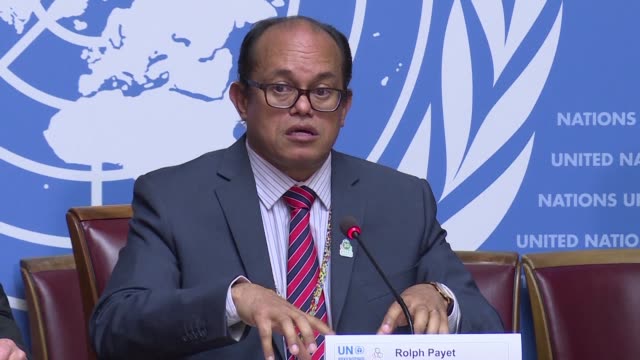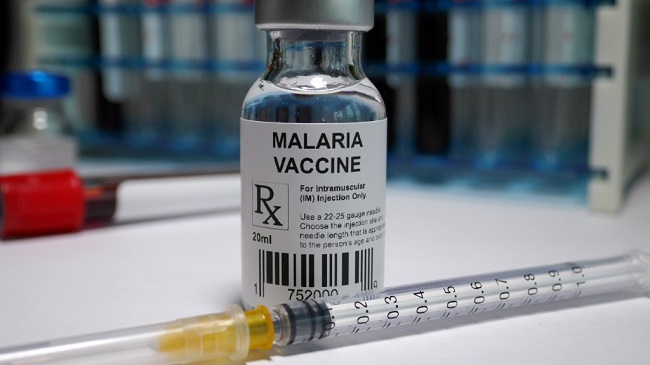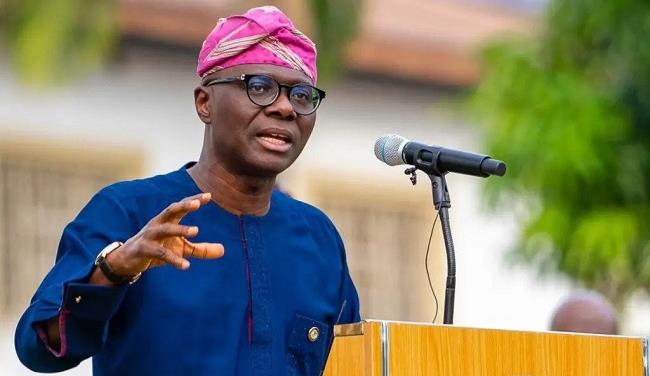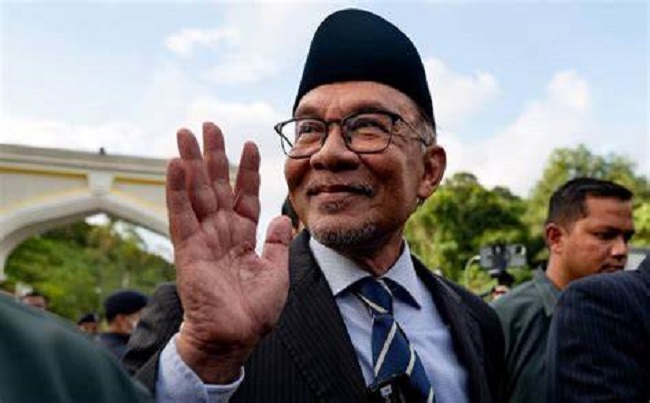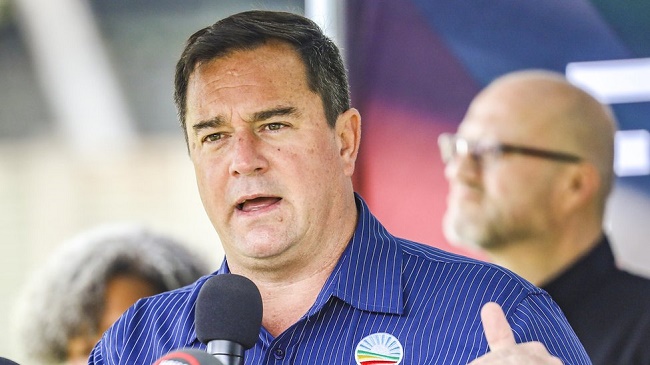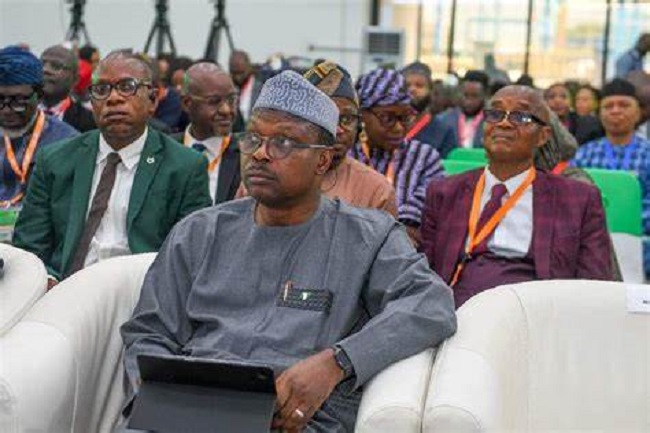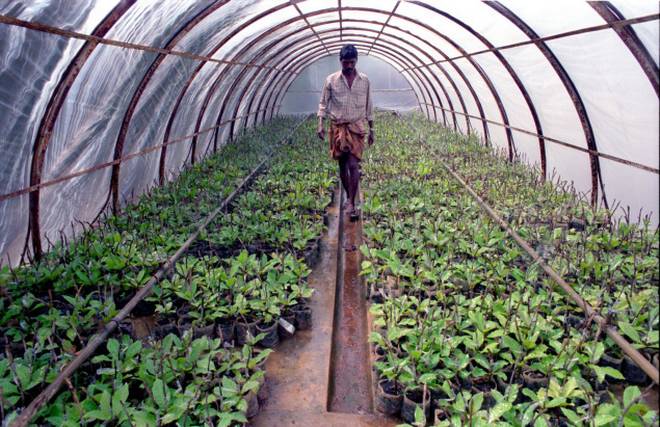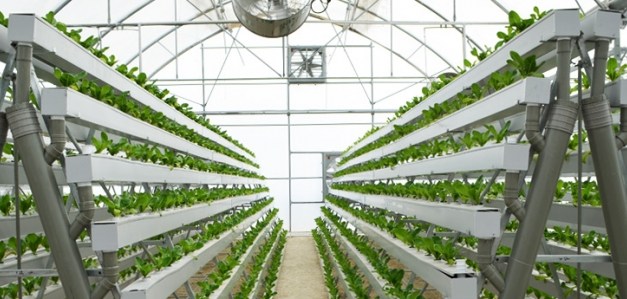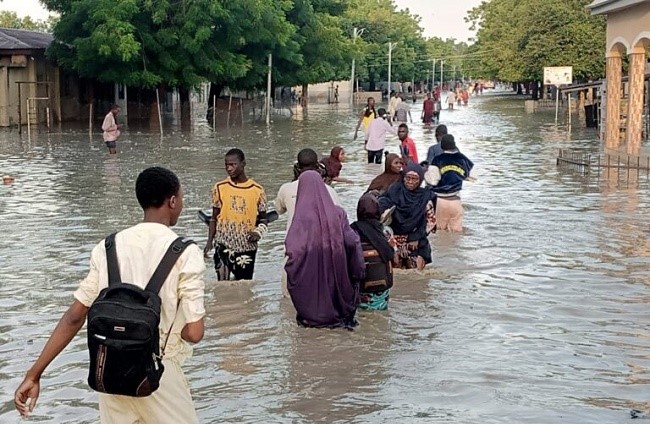From drought-fueled wildfires in California to catastrophic floods in New England, it’s difficult to deny global warming is creating a spiralling climate crisis.
Now, a new study squarely points the finger at those largely responsible.

Scientists at Dartmouth College in New Hampshire say just 111 companies have cost the world a whopping $28 trillion (£21 trillion) in climate damage since the early 1990s.
At the top of the list is oil company Saudi Aramco, which is responsible for $2.05 trillion in global economic losses from intensifying extreme heat.
Also culpable are Russian energy company Gazprom (responsible for about $2 trillion in losses) and American oil and gas giant Chevron ($1.98 trillion in losses).
Others in the top 10 list are fossil fuel burners ExxonMobil, BP (British Petroleum), Shell, National Iranian Oil Co., Pemex, Coal India and the British Coal Corporation.
Without these offenders, the “climate catastrophe” likely would not be happening, the experts say.
“We argue that the scientific case for climate liability is closed,” said study author Justin Mankin, climate researcher at Dartmouth College.
Energy companies such as Saudi Aramco, Gazprom, Chevron ExxonMobil and BP extract fossil fuels from the Earth such as oil and gas.
When these fossil fuels are burnt to harvest their energy, they release vast quantities of planet-warming gases into the atmosphere, like carbon dioxide and methane.
But the damage as a result of this global warming – in the form of wildfires, crop damage and extreme weather events like floods and storms – has a huge financial cost.
This new study links emissions from some of the trillion-dollar fossil-fuel companies with specific damages linked to climate change.
It’s possible due to an increased availability of climate and socioeconomic data, plus methodological advances in “climate attribution science” – a form of modeling that allows scientists to track the effects of climate change almost in real time.
Results show extreme heat linked to carbon dioxide and methane from the 111 companies cost the world economy $28 trillion from 1991 to 2020.
Around a third of total losses ($9 trillion/£6.7 trillion) were attributable to the five top-emitting firms – Saudi Aramco, Gazprom, Chevron, ExxonMobil and BP.
Emissions linked to Chevron, the highest-emitting investor-owned company in the data, likely caused up to $3.6 trillion (£2.7 trillion) in heat-related losses over the period, the team report.
Pollution from Chevron, for example, has raised the Earth´s temperature by 0.045°F (0.025°C).
According to the researchers, more than half of the 111 companies are based in the US – but the US, as well as Europe, see “milder costs from extreme heat” compared with South America, Africa and Southeast Asia.
They also figure that every 1 per cent of greenhouse gas put into the atmosphere since 1990 has caused $502 billion in damage from heat alone – so not including costs incurred by other extreme weather such as hurricanes, droughts and floods.
The team compare the liability of fossil fuel companies today to the damage caused by pharmaceutical and tobacco companies in the 20th century.
In fact, the team think it will soon be possible to successfully sue big companies for damaging the climate.
Already, local and national governments have directly sought compensation from fossil fuel companies, but many of these actions are being challenged or slowed in court.
This is partly due to the difficulty in showing that specific climate impacts occurred because of any one company’s greenhouse gas emissions.
The research firm Zero Carbon Analytics counts 68 lawsuits filed globally about climate change damage, with more than half of them in the United States.
“Just as a pharmaceutical company would not be absolved from the negative effects of a drug by the benefits of that drug, fossil fuel companies should not be excused for the damage they’ve caused by the prosperity their products have generated,” added Callahan.
The study, published in Nature, answers a question first posed in 2003 of whether science could ever link an individual firm’s emissions to climate change.
“Over 20 years later, we find the answer to be yes,” said Professor Mankin, who directs the Climate Modeling and Impacts Group at Dartmouth.
“Our framework can provide robust emissions-based attributions of climate damages at the corporate scale.
“This should help courts better evaluate liability claims for the losses and disruptions resulting from human-caused climate change.”
Michael Mann, a University of Pennsylvania climate scientist who wasn’t involved in the study, thinks there are many other climate variables unaccounted for.
So, the numbers that Callahan and Mankin came up with are probably a vast underestimate of the damage the companies have really caused, he said.


